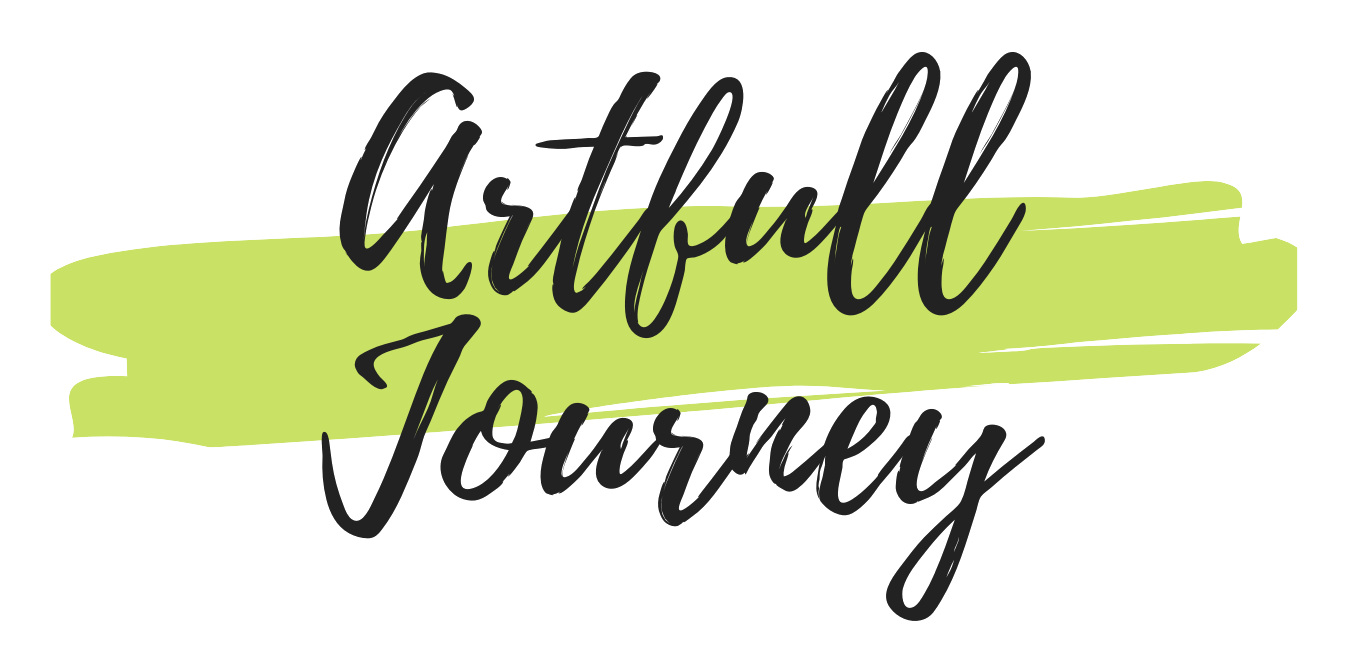Unlocking your full potential requires embracing the power of creativity, a vital component of innovation and progress in various aspects of life, including thinking, art, writing, music, and beyond. By understanding the intricacies of creativity and implementing strategies to boost it, individuals can unlock new possibilities and achieve their goals. With the right mindset and approach, anyone can develop their creative skills, whether they’re looking to express themselves artistically, improve their writing abilities, or simply think outside the box. In this comprehensive guide, we’ll delve into the world of creativity, exploring its limitations, fostering growth, cultivating inspiration, overcoming obstacles, and integrating it into daily life.

Training Yourself to Be Creative
Developing creativity requires practice, patience, and persistence. Here are some effective ways to cultivate your creative skills:
- Practice Brainstorming: Set aside time each day to brainstorm ideas without judgment. Write down anything that comes to mind, no matter how silly or impractical it may seem.
- Explore New Interests: Engage in activities outside of your comfort zone, such as painting, playing music, or cooking. This can help stimulate your imagination and broaden your perspectives.
- Take Breaks and Daydream: Allow yourself time to relax and let your mind wander. Daydreaming can help you tap into your subconscious mind and uncover innovative solutions.
- Seek Out Inspiration: Expose yourself to different art forms, literature, and cultures. This can help spark new ideas and inspire creativity.
- Collaborate with Others: Working with others can help stimulate your creativity through diverse perspectives and approaches.
- Embrace Failure: Don’t be afraid to take risks and try new things. Failure is an essential part of the creative process, and it can often lead to unexpected breakthroughs.
Building Creativity Habits
Consistency is key when developing creative habits. Try incorporating these habits into your daily routine:
- Morning Pages: Start your day by writing down your thoughts, goals, and ideas. This can help set a positive tone for the rest of the day.
- Creativity Journaling: Dedicate a journal to recording your ideas, insights, and inspirations. Reflecting on your experiences can help you identify patterns and connections.
- Free Time Exploration: Use your free time to explore new interests and engage in creative pursuits.
Overcoming Creative Blocks
Creative blocks can occur when we feel stuck or uninspired. Here are some strategies to overcome them:
- Change Your Environment: Sometimes, a change of scenery can help stimulate your creativity. Try working from a different location or rearranging your workspace.
- Warm Up Exercises: Doing simple exercises, such as drawing or freewriting, can help loosen up your thinking and get your creative juices flowing.
- Break Down Complex Problems: Divide complex problems into smaller, manageable parts. This can help you focus on one aspect at a time and make progress towards your goal.
Understanding the Roots of Limited Creativity
Exploring the reasons behind a lack of creativity can be a complex and multifaceted process.
Key Factors Contributing to Limited Creativity
- Insufficient Life Experiences: A person’s exposure to various experiences, environments, and cultures plays a significant role in shaping their perspectives and inspiring creativity.
- Emotional Blockages: Unresolved emotional issues, stress, and anxiety can hinder one’s ability to think outside the box and access their full creative potential.
- Lack of Divergent Thinking: Failing to consider multiple possibilities and perspectives can limit one’s capacity for innovative thinking.
- Unhealthy Coping Mechanisms: Relying excessively on routine, habits, or distractions can prevent individuals from exploring new ideas and fostering creativity.
Strategies to Enhance Creativity
- Practice Mindfulness and Emotional Regulation: Developing self-awareness, managing stress, and cultivating positive emotions can help unlock one’s creative potential.
- Engage in Novelty-Rich Activities: Participating in diverse hobbies, traveling, and trying new things can broaden one’s horizons and stimulate creativity.
- Develop a Growth Mindset: Embracing challenges, learning from failures, and persisting through obstacles can foster resilience and encourage creative problem-solving.
- Seek Out Diverse Perspectives and Inspiration: Surrounding oneself with people from different backgrounds, reading widely, and exploring various art forms can stimulate creativity and inspire new ideas.
Overcoming Creative Blocks
When faced with a creative block, try the following techniques:
- Change Your Environment: Sometimes, a change of scenery can help stimulate new ideas and perspectives.
- Take Breaks and Engage in Relaxation Techniques: Allowing yourself time to rest and recharge can help clear mental clutter and facilitate creative breakthroughs.
- Collaborate with Others: Working with others can bring fresh perspectives and ideas, helping to overcome creative blocks.

Increasing Creativity: Strategies for Unlocking Your Full Potential
Boosting creativity requires a combination of mindset shifts, environment adjustments, and intentional habits.
1. Practice Mindfulness and Meditation
- Mindfulness meditation can increase cognitive flexibility and reduce mental clutter, allowing for more innovative thinking.
- Regular mindfulness practice has been shown to enhance creativity, problem-solving skills, and overall well-being.
2. Engage in Frequent Daydreaming
- Allow yourself time to daydream, letting your mind wander freely without judgment.
- This allows your brain to make novel connections between seemingly unrelated ideas.
3. Cultivate a Growth Mindset
- A growth mindset believes that abilities can be developed through effort and learning.
- This mindset enables you to approach challenges with curiosity and openness, fostering a more creative environment.
4. Surround Yourself with Inspiration
- Consume art, music, literature, and other forms of creative expression to stimulate your imagination.
- Surround yourself with people who inspire and motivate you to think outside the box.
5. Take Breaks and Allow for Downtime
- Taking regular breaks can help your brain recharge and come back to problems with fresh eyes.
- Downtime allows your subconscious to work on problems, often leading to novel solutions.
6. Engage in Physical Activity
- Exercise has been shown to improve cognitive function, boost mood, and increase creativity.
- Engage in physical activities that bring you joy, such as dancing, hiking, or playing sports.
7. Practice Journaling and Reflection
- Writing down your thoughts, ideas, and reflections can help you identify patterns and connections.
- Reflecting on your experiences and successes can provide valuable insights into your creative potential.
8. Seek Out New Experiences
- Try new hobbies, attend workshops, and engage in travel to broaden your horizons.
- Exposure to new experiences can stimulate your senses and inspire creative breakthroughs.
9. Collaborate with Others
- Working with others can foster a sense of community and shared creativity.
- Collaboration can lead to novel ideas and perspectives, driving innovation forward.
10. Prioritize Sleep and Self-Care
- Getting adequate sleep is essential for cognitive function, memory consolidation, and creativity.
- Prioritizing self-care can help reduce stress, increase motivation, and unlock your full creative potential.

Solving Lack of Creativity: Strategies and Techniques
- Reframe Your Perspective: Challenge conventional thinking by exploring unconventional approaches and considering alternative viewpoints.
- Practice Divergent Thinking: Engage in activities that stimulate imagination, such as brainstorming, mind mapping, or free writing, to generate a wide range of innovative ideas.
- Emphasize Curiosity Over Perfectionism: Encourage experimentation and learning from failures, rather than focusing solely on achieving perfection.
- Collaborate with Others: Work with individuals from diverse backgrounds and expertise to leverage unique perspectives and foster creative problem-solving.
- Take Breaks and Practice Self-Care: Allow yourself time to relax and recharge, as fatigue can stifle creativity, and engage in activities that promote mental well-being.
- Stay Open-Minded and Adaptable: Be receptive to new experiences, ideas, and technologies, and be willing to pivot when necessary to stay ahead of the curve.
- Develop a Growth Mindset: View challenges as opportunities for growth and development, and focus on continuous learning and self-improvement.
- Use Constraints to Spark Innovation: Apply limitations or constraints to stimulate creative thinking and find novel solutions to complex problems.
- Learn from Failure and Feedback: Analyze mistakes and incorporate feedback into future endeavors to refine and improve creative output.
Additional Tips:
- Keep a journal or log to track ideas and reflect on past experiences.
- Engage in activities outside of work or school to stimulate creativity and explore new interests.
- Read widely and often, including fiction, non-fiction, and diverse genres.
- Seek out mentors or coaches who can provide guidance and support.
Understanding the Blockage to Creativity
When struggling to think creatively, it’s essential to identify the underlying causes of this blockage.
Common Obstacles to Creativity
- Anxiety and stress can significantly hinder creative thinking, making it challenging to access innovative ideas.
- Depression and low self-esteem can lead to feelings of hopelessness and a lack of motivation, further stifling creativity.
- Trauma can result in emotional numbing, making it difficult to tap into one’s imagination and inspire new ideas.
- Burnout and exhaustion can leave individuals feeling drained and uninspired, leading to a decrease in creative output.
The Importance of Mindfulness and Self-Care
Maintaining good mental health and practicing self-care are crucial for fostering a creative mindset.
- Regular exercise, healthy eating, and sufficient sleep can help alleviate symptoms of anxiety and depression.
- Engaging in activities that bring joy and relaxation, such as meditation, yoga, or hobbies, can help reduce stress and increase creativity.
- Setting aside dedicated time for creative pursuits and allowing oneself to explore new interests can help stimulate innovation.
Strategies to Overcome Creative Blocks
- Change Your Environment: Sometimes, a change of scenery can help stimulate creativity.
- Warm Up with Exercises: Engage in freewriting, drawing, or other creative exercises to get the imagination flowing.
- Seek Inspiration: Expose yourself to different art forms, read widely, and talk to people from various backgrounds to broaden your perspectives.
- Practice Mindfulness: Regular mindfulness practice can help increase focus and reduce distractions.
Fostering a Growth Mindset
A growth mindset is essential for embracing challenges and viewing failures as opportunities for growth and learning.
- Embrace Failure: View failures as stepping stones to success, rather than as setbacks.
- Set Realistic Goals: Break down large projects into smaller, manageable tasks to build confidence and momentum.
- Learn from Feedback: Use constructive criticism to refine your ideas and improve your skills.

Unlocking Your Creative Potential
Understanding the Foundation of Creativity
Creativity is a multifaceted trait that encompasses imagination, innovation, and self-expression.
7 Strategies to Foster Your Creativity
- Embrace Curiosity: Cultivate an insatiable curiosity about the world around you, asking questions and seeking answers to stimulate your mind.
- Practice Mindfulness: Regular mindfulness exercises can help quiet the mind, allowing for a clearer focus on creative pursuits.
- Explore New Interests: Engage in novel activities and hobbies to broaden your horizons and discover fresh perspectives.
- Collaborate with Others: Working alongside others can foster creative synergy, as diverse viewpoints and ideas converge.
- Take Risks and Experiment: Embracing uncertainty and trying new approaches can lead to breakthroughs and innovative solutions.
- Develop a Growth Mindset: View challenges as opportunities for growth, rather than threats to ego, and persist in the face of obstacles.
- Set Aside Time for Reflection: Schedule regular time for introspection, allowing yourself to recharge and tap into your inner source of inspiration.
Additional Tips for Unlocking Your Full Potential
- Engage in physical activity to stimulate blood flow and oxygenation to the brain.
- Practice gratitude by focusing on the positive aspects of life.
- Limit distractions and create a conducive environment for creative work.
- Seek out diverse sources of inspiration, including art, music, and literature.
Overcoming Creative Blocks and Staying Motivated
When faced with creative blocks, try shifting your perspective, taking breaks, or seeking outside input from peers or mentors.
Establish a routine and set achievable goals to maintain momentum and stay motivated.

0 Comments